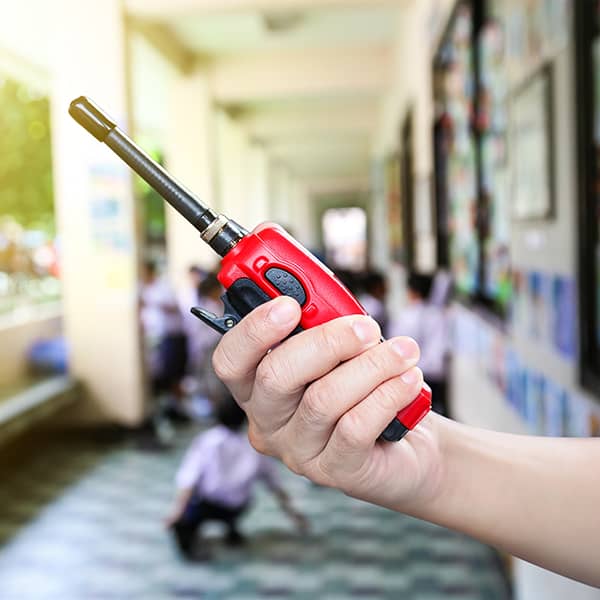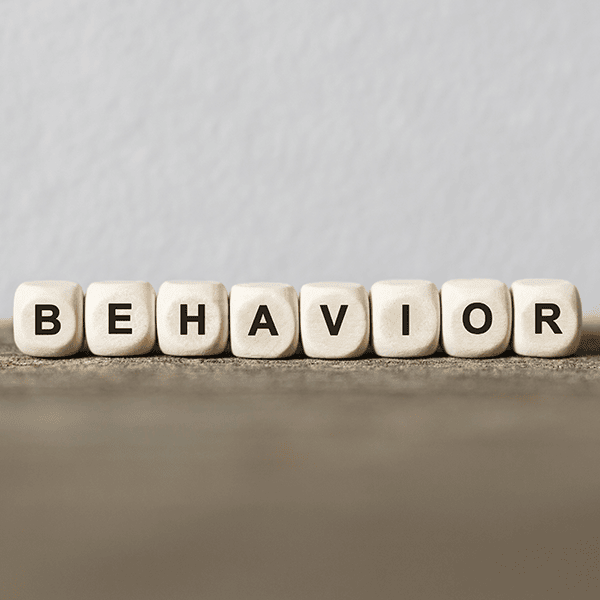Research
About Our Research
The purpose of our Applied Research Laboratory is to build upon previous research and innovate new ways to improve the lives of people on the autism spectrum. Accordingly, our Lab’s activities are focused on autism treatment approaches as well as ways in which we train, manage, and develop the most indispensable part of our organization—our staff. We also partner extensively with national research institutes, colleges, and universities on projects that intersect with our lab’s objectives and The Faison Center’s mission. Our lab regularly publishes in peer-reviewed, scientific journals featuring work on neurodevelopmental disorders, behavior analysis, and organizational management.
See below for some recent examples of our lab’s published work:
- Published in 2025
This observational study examines early childhood behavior problems in preschoolers with and without autism spectrum disorder. The research highlights the importance of early behavior analysis services for children with developmental delays, while noting the lack of clear benchmarks for age-appropriate goals. The study builds a database of common behavior issues, compares rates between autistic and neurotypical peers, and identifies what may be expected in a typical preschool setting. Results show that challenging behaviors are common among neurotypical preschoolers but occur more frequently in children with ASD, with both groups showing fewer problems as age increases.
- Published in 2023
Many individuals with autism and their families report challenges accessing routine healthcare, including preventative care such as annual physical examinations and vaccines. When vaccines become available during the COVID-19 pandemic, this challenge became even more apparent, as a number of our clients were not able to safely access the available vaccines. The premise for this work surrounding the successful development of a non-invasive, person-centered approach for preparing interested clients to receive a COVID-19 vaccine by a licensed healthcare worker.
- Published in 2022
As human service organizations provided face-to-face services in the midst of the pandemic, procedures to mitigate the transmission of germs became more important than ever. This project centered around the development of a behavioral safety program designed to minimize the transmission of COVID-19 in a school serving by promoting employee behavior that was associated with transmission reduction.
- Published in 2021
Employees working with individuals who engage in dangerous behavior require specialized training in de-escalation strategies, crisis management, and how to effectively use protective equipment. To ensure protective equipment was being used as prescribed and at optimal levels, this project focused on assessing circumstances in which the equipment was not being used as regularly as it should, and then developing approaches to ensure this was address with various small teams of employees.
- Published in 2021
In addition to tracking individualized client outcomes, we believe it is important to appraise client well-being and overall quality of life. Aligned with that commitment, the purpose in this study was to validate the Quality of Life for Children with Autism Spectrum Disorder scale.
- Published in 2021
This study examined how students with a history of challenging behavior surrounding the demands of school prefer to take breaks, earn rewards for their good work, and so on. Specifically, we looked at whether students with this behavioral profile prefer to earn rewards or breaks that are scattered across their instructional periods, or, if they prefer to compile them as they go and save them until the end of the instructional period.
- Published in 2018
This discussion article describes the environmental, biological, and both environmental and biological causes for severe problem behavior experienced by some individuals with autism and intellectual disabilities. In addition, we discuss the merits of the neurobehavioral model in cases where behavioral dysfunction is especially complex and warrants multiple disciplines and expertise.








